Voice transmission these days now goes through the internet. Thus, VoIP is also a modern technology that uses the internet to transmit voice and image all over the planet.
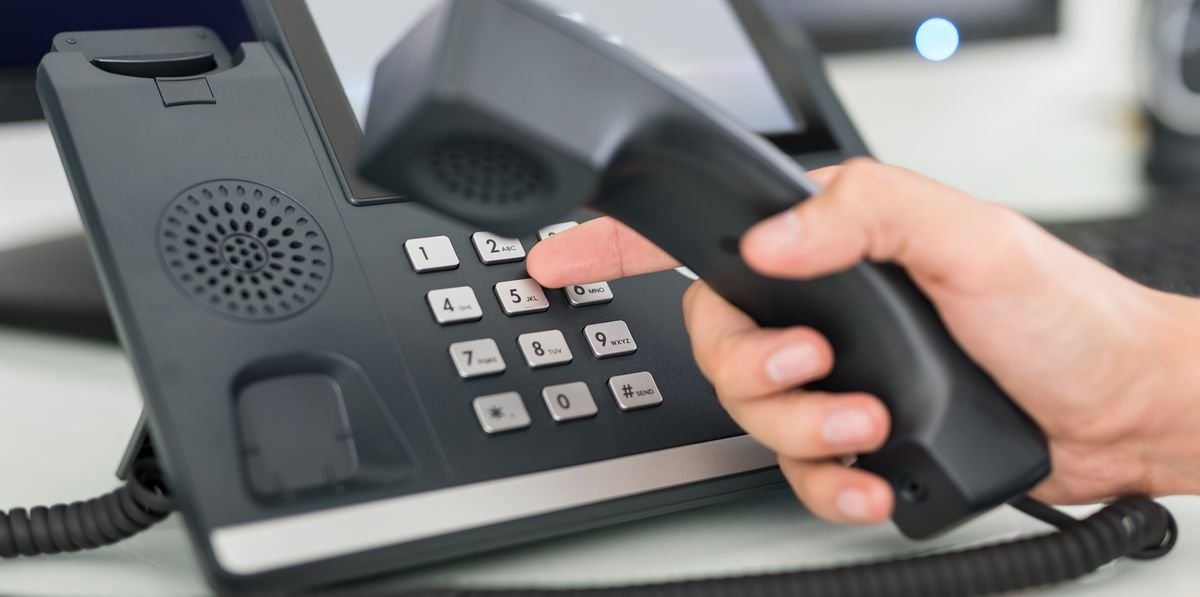
You may have heard that telephone operators around the world have long since stopped carrying the voice of their subscribers through strictly documented wired channels and are now using the internet for this job.
On the other hand, you may be wondering how it is possible for your landline phone that is wired to the wall of your house to go through the internet.
In a technological world that changes rapidly it makes sense that you don't have time to follow all the changes. Since the invention of the telephone until today things are miles apart. From Alexander Graham Bell's telephone to VoIP technology the evolution is chaotic.
But let's see what VoIP is, the most modern technology in terrestrial communication, its pros and cons and how you can use it whether you are a private person or a professional.
History of telephony

Telephony is the field of technology that includes the development and implementation of telecommunication services for the electronic transmission of voice, fax or data between distant places.
The first telephones were connected in pairs. Each user had a separate landline phone in a specific location. The invention of the telephone centremade it possible to establish telephone connections from one telephone to any other telephone.
Initially, connections to call centers were operated manually from an answering machine. Later, this process was automated so that each connection got a unique number.
The existence of satellites and wireless protocols also made it possible for data to be transferred not only through copper cables, but also through wireless transmission. Optical fiber also entered the transport game where it uses light instead of electrons.
VoIP technology has taken off in the last decade. However, the history of VoIP begins almost 100 years ago, in Bell Laboratories by the inventor of the telephone.
Types of telephony
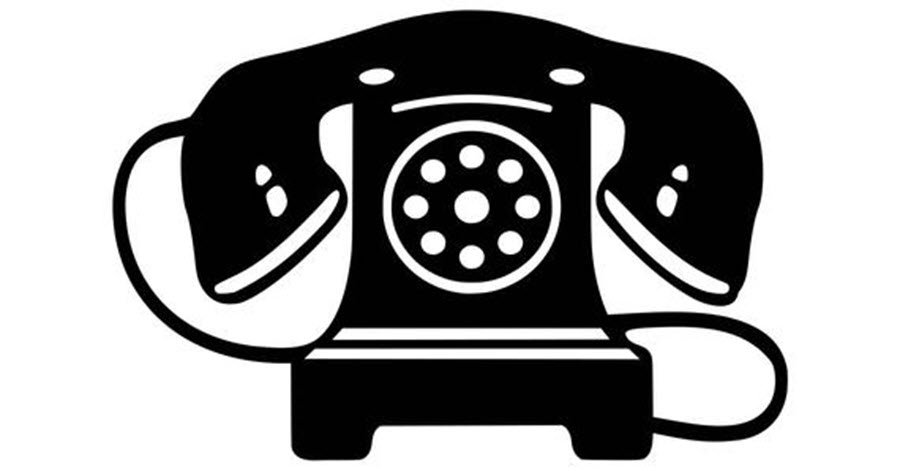
Without analyzing what intermediate paths and methods providers use for the transmission of data and voice, we will say that today there are the following protocols for connecting two subscribers' telephone communication:
-
Wired PSTN or ISDN. The classic traditional telephone device in your home that is wired to your wall plug
-
Cellular telephony. Your known mobile phone that connects wirelessly to an antenna and from there the signal is transferred. The newest technology in operation is 5G which much has been heard about her.
-
Satellite telephony. In the same sense as cellular telephony, except that here a satellite phone is a type of wireless phone that connected to satellites via radio link, which are in Earth orbit instead of terrestrial locations.
-
VoIP telephony. VoIP (Voice over Internet Protocol) is a combination of hardware and software that allows you to use the internet as the medium for transmitting phone calls, sending the voice as data packets, unlike traditional telephony, which transmits voice over telephone wires.
What is VoIP
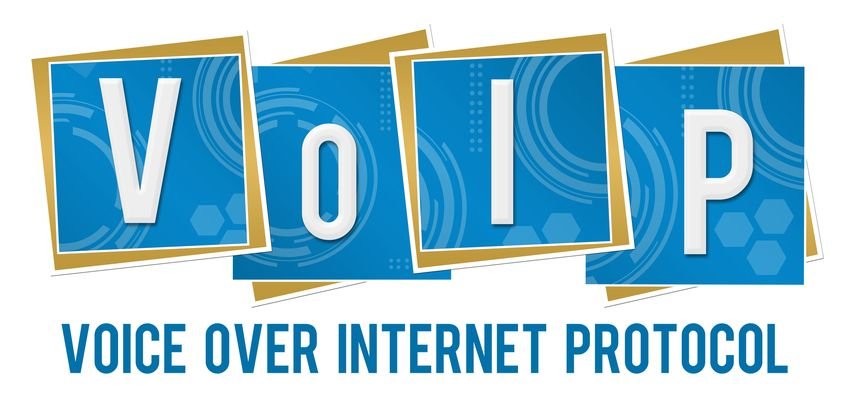
As we mentioned, VoIP stands for Voice over Internet Protocol and in translation we would call it "Voice over Internet Protocol". Some have said it too FedP, i.e. “Voice over Internet Protocol”, a term that probably failed to catch on.
VoIP is essentially a group of protocol-technologies (H.323, SIP), which offers real-time voice chat over the Internet. So with minimal cost since the infrastructure already exists and is cheap.
These conversations have traditionally been conducted exclusively through some kind of computer, whether that is a PC (desktop with, tablet, laptop etc), either a smartphone, or a VoIP device that looks like a classic phone, or an adapter that translates any signal into VoIP.
This telephony is managed and marketed by the so-called alternative (internet) telecommunications operators, which offer communication to anyone connected via the internet, as well as to any other subscriber of fixed or mobile telephony.
In other words, they enable the various telecommunication systems to communicate with each other, of course with the compensation. So those of you who have a VoIP connection can call the classic house phone, mobile phones, satellite phones and generally any telecommunications connection.
What is a VoIP phone?
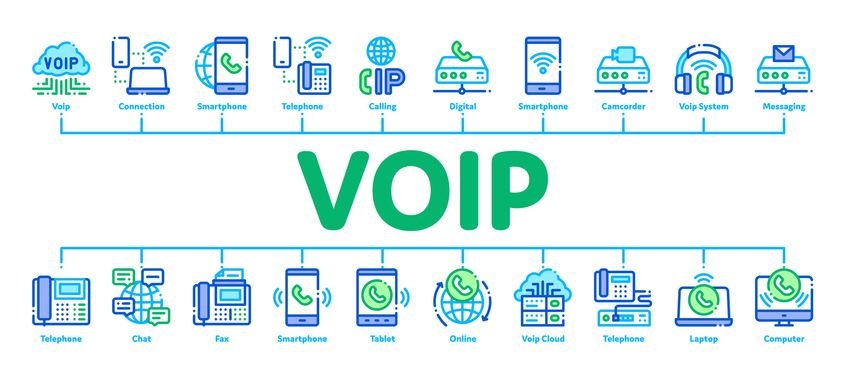
When you have an ISDN phone in your home then you consider this to be your home number and phone. When you have a VoIP number then it is not your home phone but a mobile phone that can be located anywhere and in different places around the world at the same time.
You can use it to call anyone, whether you are in Australia or Athens. And it can be used simultaneously by two or more people, one in Australia and the other in Athens. That is, VoIP telephony works wherever there is internet and does not have any geographical limitation.
In short, the VoIP phone essentially works like software installed on a computer (Linux, Windows, Android, iOS, etc.) as long as it is connected to the internet.
Do you need a VoIP phone number?
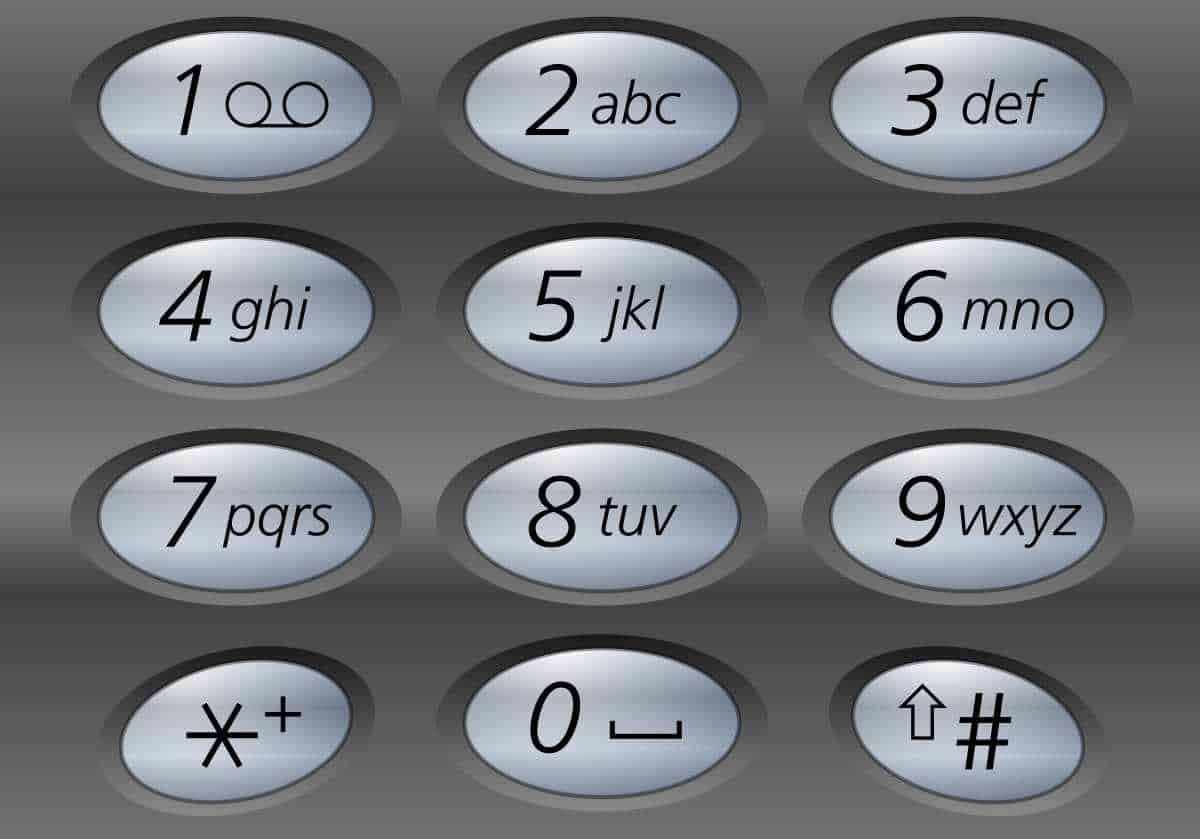
If you just want to call yourself, then you don't have to. If you want them to call you, they should know where to call you, and rightly so.
But what VoIP number can you buy? Here's the weird thing. Since we are not talking about a geographical restriction, you can buy any number you want from a Greek telecommunications VoIP operator, regardless of where you live.
That is, you may be in Athens and get an Athens number (starting with 210) or Thessaloniki or Chania or Albania or Cayman Islands or New Zealand or Mexico and so on.
The cost of a Greek VoIP number is around 35 euros per year and the corresponding cost for a foreign country rises quite a bit and depends on the country you choose. On the other hand, it does not prevent you from buying a VoIP number from a Mexican Internet provider and having a cheap Mexican phone.
If you have a son or daughter studying for example in Canada, you can have a "landline" Canada phone on your mobile phone and talk to her at local rates.
The good thing is that in a VoIP number you can call your number!!. So they will ring as many devices connected to the VoIP number and you will talk for free, as if you were talking on the internal network of a call center.
You can also transfer your existing landline number to an Internet VoIP provider (number portability) and thus convert your landline to VoIP.
How secure is VoIP?
VoIP systems use encryption high level (SSL and VPN) to provide the highest possible security. Reliable VoIP providers offer full encryption of calls, so that your data remains completely safe and private.
It's more difficult for non-government agencies to track you than with a regular phone, but generally your provider and the government if they want to, can make a connection and listen to you.
Pros and cons

Ultra
- Many, many digital conveniences that conventional telephony cannot even imagine (such as voicemail, real-time billing analysis, call waiting, many channela voice, telephone conversations, video calls, call recording, music on hold, call centers in the cloud, etc.).
- Compatible with a wide range of devices and free software for all operating systems.
- You can make and receive calls from anywhere. If you register the VoIP number as your office contact phone then you always have your office phone with you.
- Same call rates anywhere in the world, whether you're in Athens or basking in the sun in Los Angeles. Your customers will call Athens and you will answer them from LA. Your son studying abroad will talk to your home as if from Athens to Athens.
- Cheaper than mobile telephony and fixed telephony. In general, it is the most economical telephony.
- It is Pay as you go, it has no monthly fees and bills. Works like a fax machine without the need for a fax machine
At
- You must be connected to the internet for it to work. Without an internet connection you will be like having a cell phone with no signal. You don't need to have a high-quality connection, since it only carries voice, but it does require a stable connection, without interruptions.
- You should have power. Your VoIP phone is essentially a computer of sorts and requires power. Here it lags behind the PSTN classic telephony, which may have lost the power of the house but the phone still works.
Funny and serious
I have personally changed my landline number to VoIP. All my acquaintances and friends know my home number and think that when this number calls them, it is me calling them from my home.
Imagine the surprise of a friend of mine when we're out for coffee, and while he's gone to the bathroom, he calls my house on his cell phone and hears me asking him what he wants to order. The truth is that it costs less to make a call from VoIP to mobile than from mobile to mobile.
Because VoIP is not yet fully widespread people have not associated it with a mobile phone. There are many times when I use my mobile phone to make a VoIP call to someone I know. Every time I have to explain to him that I am not at home but somewhere else. Several pranks could be made based on this misunderstanding.
We consider that professionals who rely on the phone to work (focus, coffee, etc.) that work with delivered) should never be disconnected from a telephone connection for any reason. They should have two lines, from different providers for security, and one of them should be VoIP.
A VoIP number that has the local fixed numbering (eg 210 for Athens) does not scare the customer to call and at the same time you always have it with you so you don't miss any calls.





